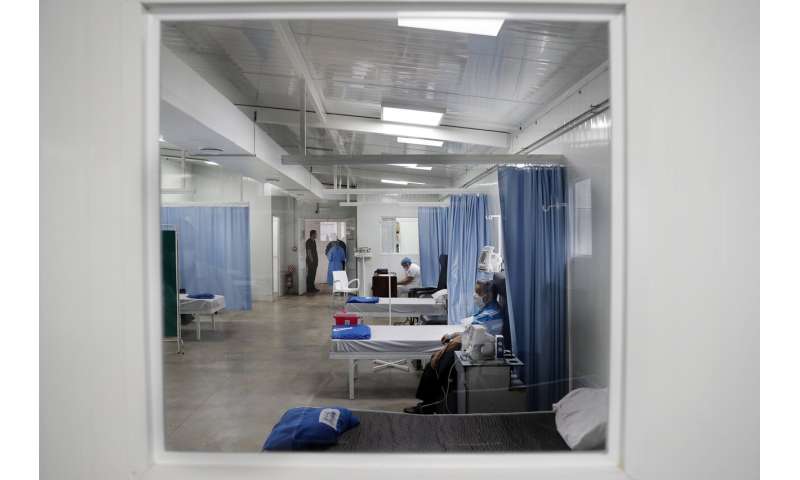
U.S. states are beginning to restart their economies after months of paralyzing coronavirus lockdowns, but it could take weeks until it becomes clear whether those reopenings will cause a spike in COVID-19 cases, experts said Wednesday.
The outbreak’s trajectory varies wildly across the country, with steep increases in cases in some places, decreases in others and infection rates that can shift dramatically from neighborhood to neighborhood.
“Part of the challenge is although we are focused on the top-line national numbers in terms of our attention, what we are seeing is 50 different curves and 50 different stories playing out,” said Thomas Tsai, assistant professor at the Harvard Global Health Institute. “And what we have seen about COVID-19 is that the story and the effect is often very local.”
A handful of states started easing their lockdowns about two weeks ago, allowing reopenings by establishments ranging from shopping malls in Texas to beach hotels in South Carolina to gyms in Wyoming. Sparsely populated Wyoming, which has some of the lowest infection numbers in the United States, plans to reopen bars and restaurants Friday. Georgia was one of the first states where some businesses were allowed to open their doors again, starting April 24 with barber shops, hair salons, gyms, bowling alleys and tattoo parlors.
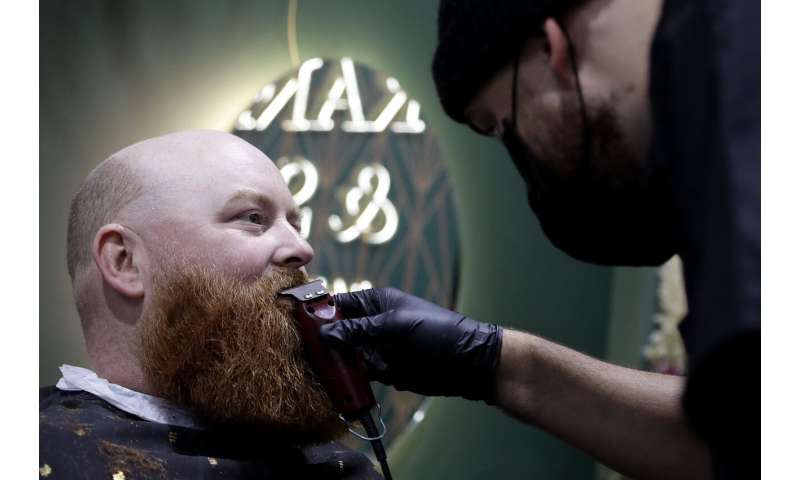
But it may be five to six weeks from then before the effects are known, said Crystal Watson of the Johns Hopkins Center for Health Security.
“As we saw early in the year, epidemics of COVID-19 start slow and take some time to build and become evident,” Watson said in an email.
The outbreak’s trajectory can vary greatly around the country, according to an Associated Press analysis of confirmed cases. For instance, steep increases in daily new cases are occurring in Hennepin County in Minnesota and Fairfax County in Virginia, while in others, such as Bergen County, New Jersey, and Wayne County, Michigan, there’s been a steady decline.
The AP analyzed case counts compiled by Johns Hopkins University, using a rolling seven-day average to account for day-to-day variability in test reporting.
In Geneva, meanwhile, a top World Health Organization official warned that it’s possible the new coronavirus may be here to stay.
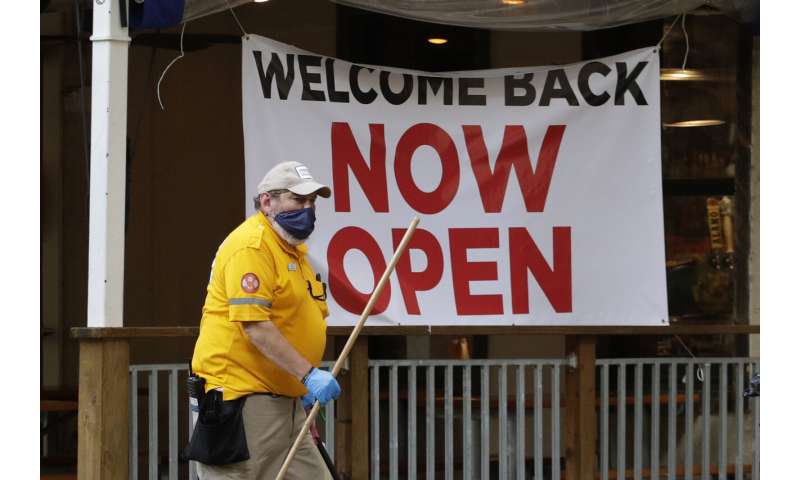
“This virus may never go away,” Dr. Michael Ryan said at a press briefing. Without a vaccine, he said, it could take years for the global population to build up sufficient levels of immunity.
“I think it’s important to put this on the table,” he said. “This virus may become just another endemic virus in our communities” like other previously novel diseases, such as HIV, which have never disappeared, but for which effective treatments have been developed.
It can take three to five days for someone newly infected with the coronavirus to feel sick, and some infected people won’t even have symptoms. Since testing is mostly reserved in the U.S. for those with symptoms, it can take two weeks or so—the time for one group of people to spread the virus to another—to have enough testing data to reflect a surge in cases.
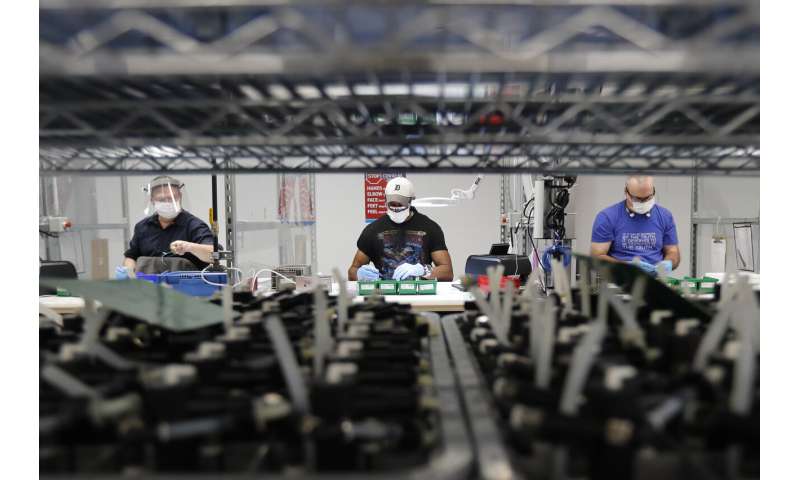
“If you are doing adequate testing, it will take two to three weeks” to spot an increase, Dr. Ashish Jha, director of Harvard’s Global Health Institute, said Wednesday as he prepared to speak to a congressional subcommittee on the crisis.
He urged a dramatic increase in testing.
“It was the failure of testing that caused our country to shut down,” Jha said. “We need federal leadership on the level of testing, guidance on whom to test and federal help on the sheer capacity, the number of tests that can be done. We still do not have the testing capacity we need to open up safely.”
New coronavirus clusters have surfaced around the world as nations struggle to balance restarting their economies and preventing a second wave of infections.
Authorities in the Chinese city of Wuhan, where the pandemic first began late last year, reportedly are pressing ahead to test all 11 million residents for the virus within 10 days after a handful of new infections were found.
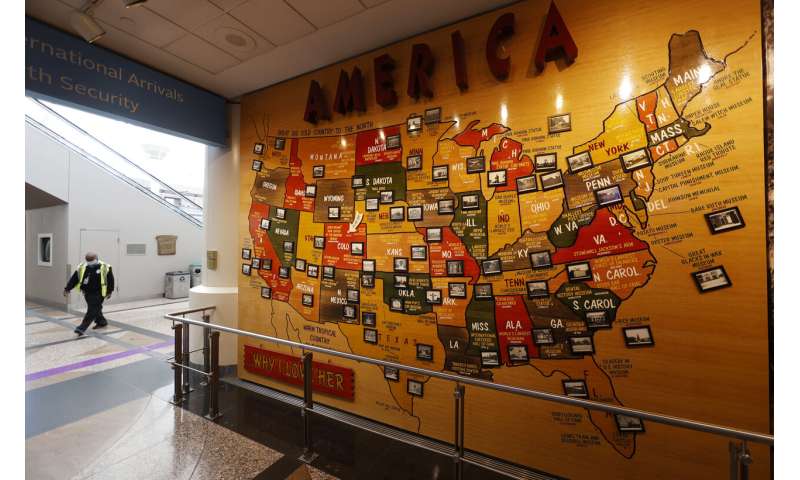
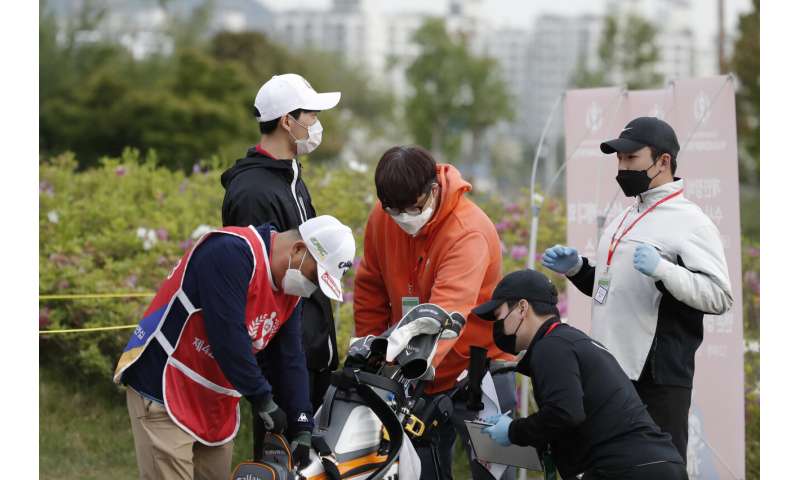
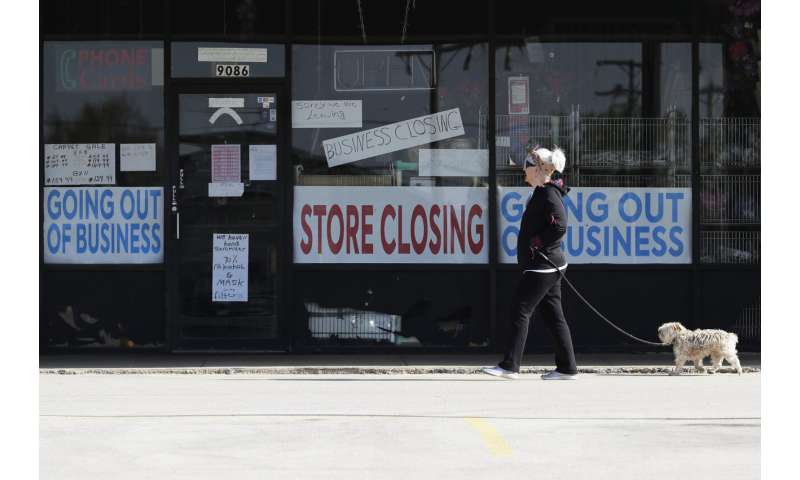
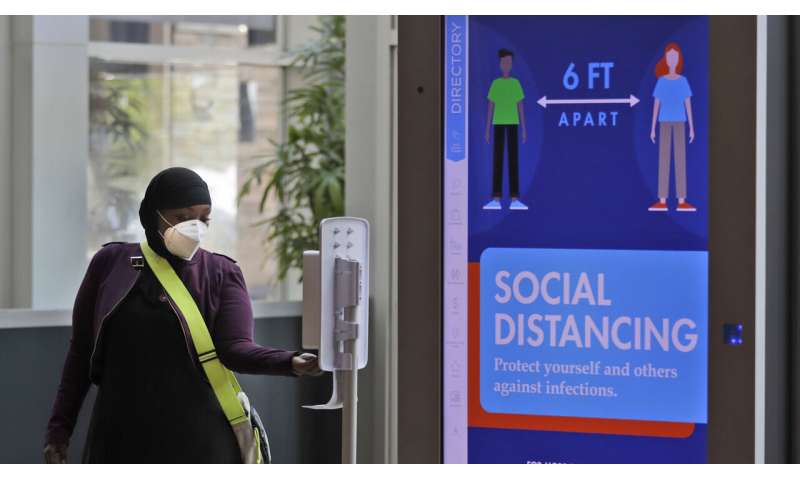
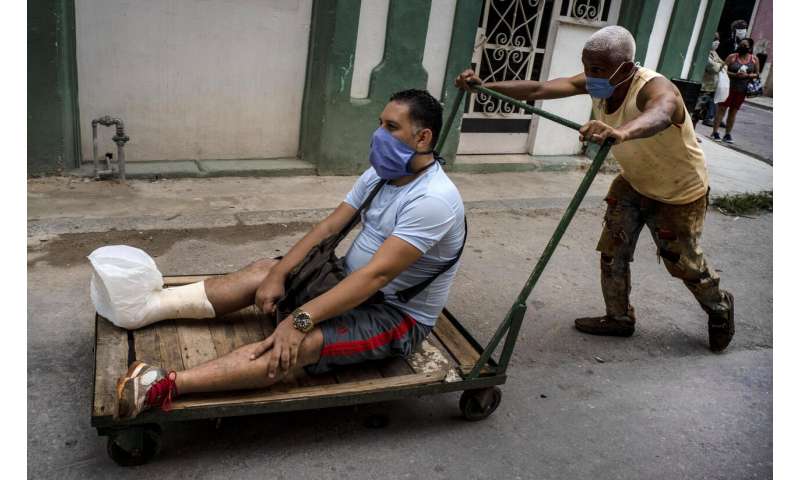
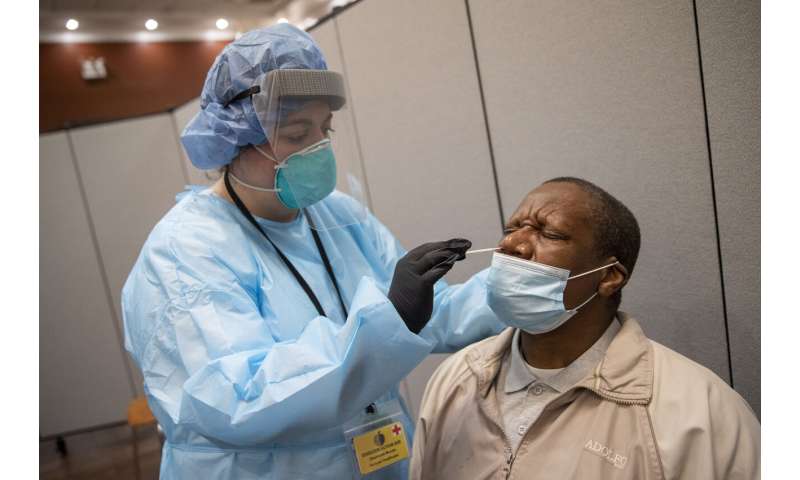
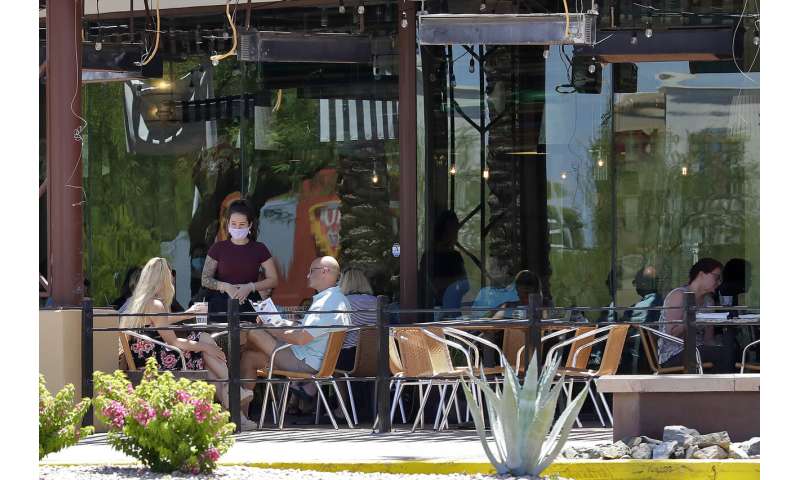
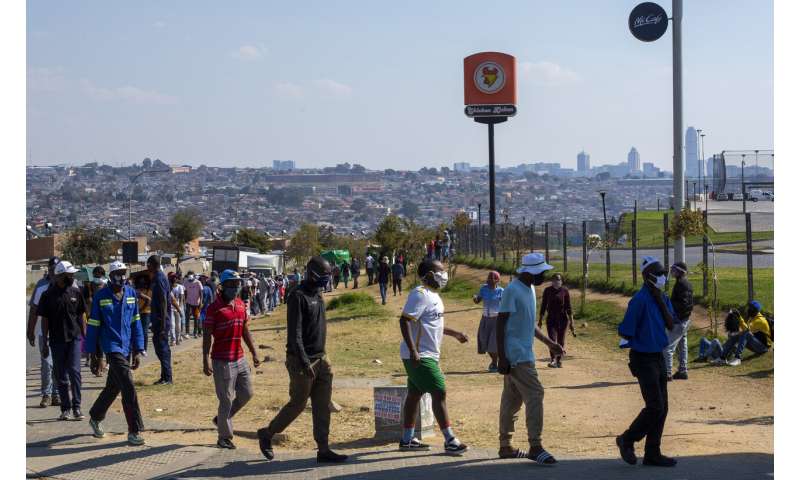

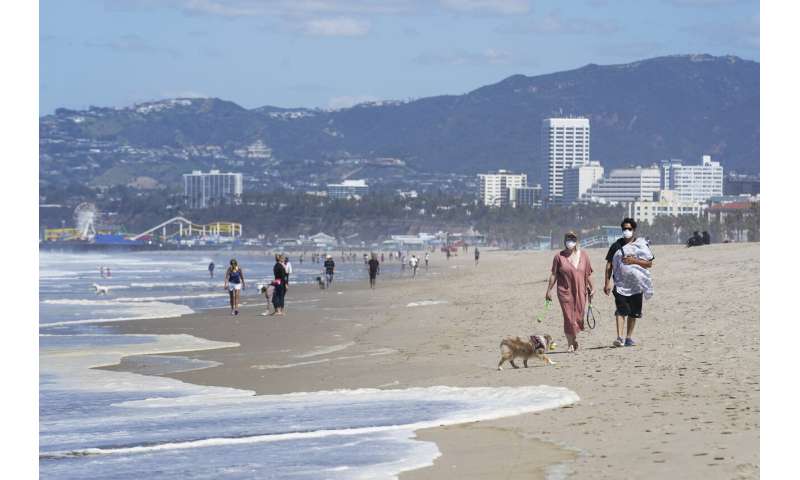
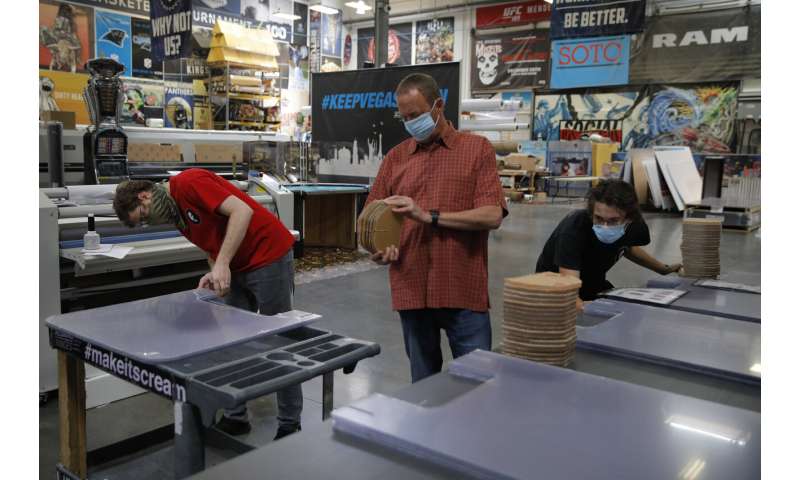
South Korea confirmed 29 more coronavirus cases over the past 24 hours as it battles a spike in infections linked to nightlife spots in Seoul, threatening the country’s hard-won progress in the fight against pandemic.
And Lebanese authorities reinstated a nationwide lockdown for four days beginning Wednesday night after a spike in reported infections and complaints that social distancing rules were being ignored.
Source: Read Full Article
